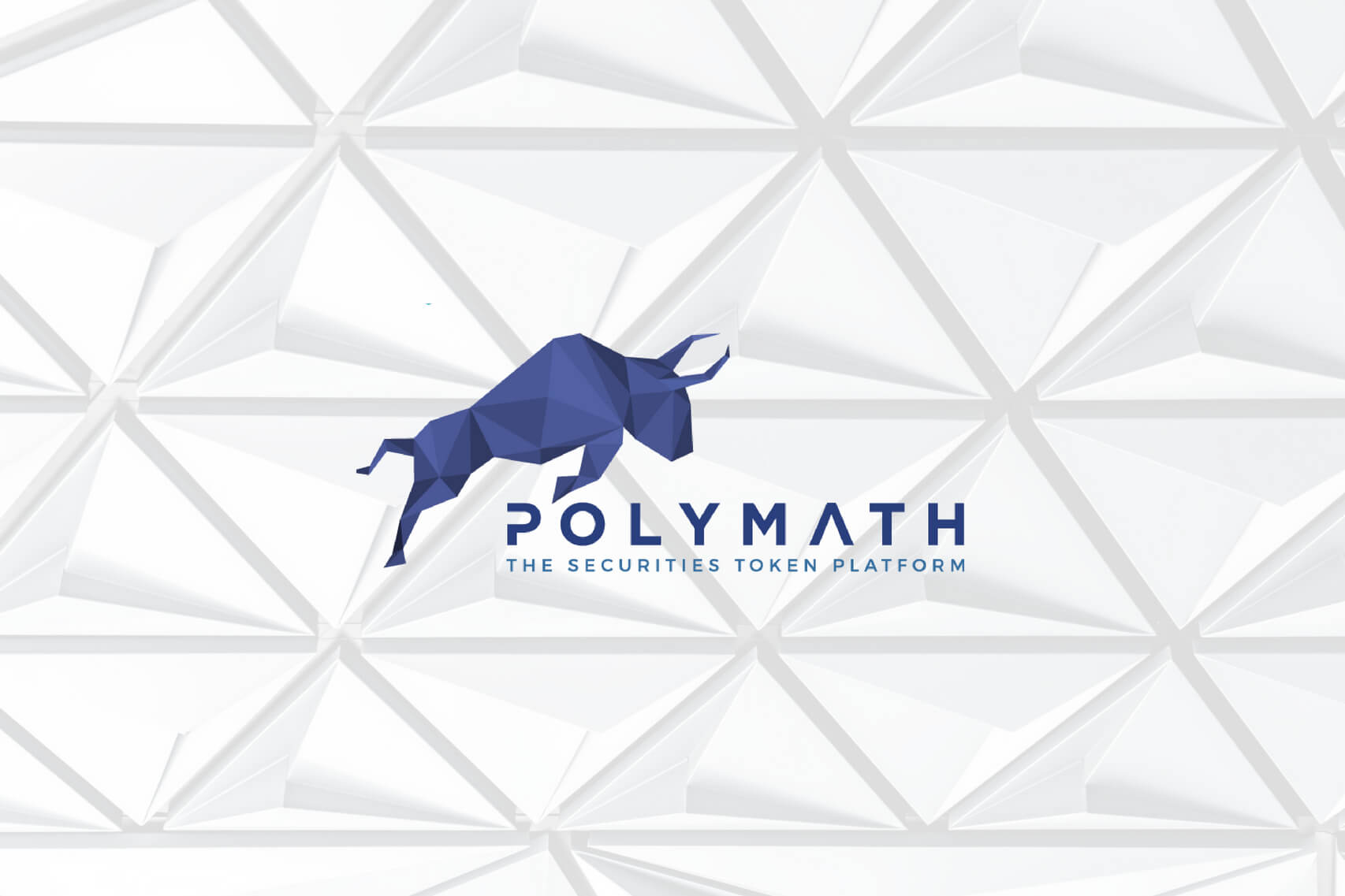Polymath recently released the v1.3.0 version of its core mainnet on August 17, bringing the blockchain industry one step closer to regulatory compliant security tokens. Moreover, the Polymath dapp is live, meaning than anyone can start creating their own security token.
Security tokens have often been touted as one of the key financial disruptions that can stem from the rise of blockchain technology, and Polymath has jumped on this space to make securities tokenized and up-to-date with the digital age. This latest release is one of the determining steps towards the envisioned full-fledged Polymath ecosystem.
What’s Included in the New Release
With the new release, the team has added a variety of features to its platform, including a module manager client (CLI) with a whole array of new functionalities, features that prevent issuers and STO modules from minting tokens, several technological updates, and audit fixes.
For a technical overview of the newly added features and upgrades, click here.
ST-20 Protocol
The Polymath platform is creating an ecosystem for the launch of security tokens. Advantages of this include entrepreneurs having easier access to globally dispersed capital, easily transferable private securities, low trading fees, but also platform-inherent benefits such as easy access to high-quality advisors, legal firms, the proper KYC guidelines and access to partner exchanges of Polymath.
Because of the serious regulatory complexities and tightness, which most business founders are unclear on, a platform such as Polymath is in high demand at the moment. Polymath has a clear focus on regulatory compliance with all jurisdictions it will operate in, for which it has created its ST-20 protocol.
The ST-20 protocol ensures regulatory compliance for security token issuers, while also ensuring technological security due to the smart contract framework the ST-20 protocol is built upon. To assert regulatory compliance, Polymath has partnered up with multiple legal firms, most notably with Vertalo, a stakeholder registry and compliance platform.
For all the details concerning launching your own security token on Polymath, click here. The Polymath dapp is live on the Ethereum mainnet, meaning anyone can create their own legally compliant security token. You can claim your token logo here.
The first batch of security token issuers has already been announced, and together they are looking to raise $210 million and launch their ST-20 tokens within the next 90 days.

These 5 projects will follow 7pass, a cannabis investment company that created their ST-20 Polymath token live on stage at the Blockchain Futurist Conference, making it the first token to be created using Polymath.
ST-20 Modules
A highly interesting feature of the upcoming mainnet release is that external developers will be able to build their own modules on the Polymath ST-20 ecosystem and earn from them if the modules are put to use by network members.
The Polymath ST-20 standard, the platform’s network protocol, form the basis with which security token issuers and developers work on the platform.
The modules that developers can build on the ST-20 standard allow security tokens on Polymath to integrate any functionality to the token that the standard allows for. Modules that come to mind are Staking, TransferManager, PermissionManager and burn modules. This will give Polymath ST-20 tokens a lot more flexibility.
If you’re interested in developing your own ST-20 modules, click here for a description of the technicalities and code examples can be found here.
Polymath’s Road to Mainnet Release
Polymath still is the new kid on the block, but the token’s recent listing on Binance has certainly given the project a stronger footing in the blockchain industry.
However, this listing pales in contrast to the moves Polymath has been making in terms of partnerships and attracting projects willing to launch their security tokens on the Polymath platform. The first 5 projects are already seeking $210 million in funding, and many more are expected to follow.
The team indicated that “thousands” of parties have signed up to launch an STO on Polymath. Let’s hope the Ethereum network and the Polymath dapp can handle the transaction throughput that is expected to avalanche, now that most of the technical components to facilitate this are in place.
Keep up with Polymath news by following them on Twitter and Telegram.
Related: Swarm Fund’s Tokenization of Robinhood and the Future of Equity Markets

